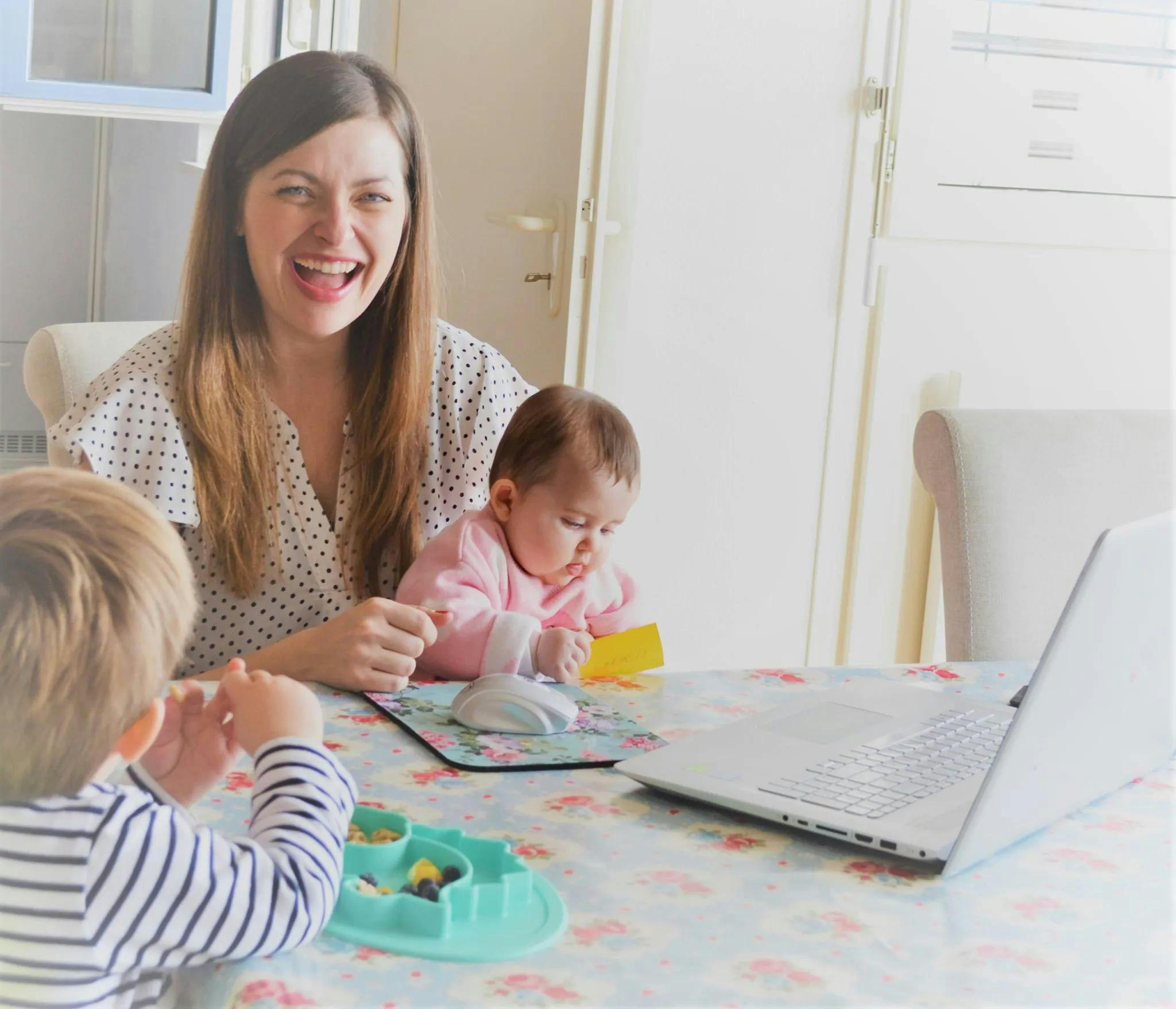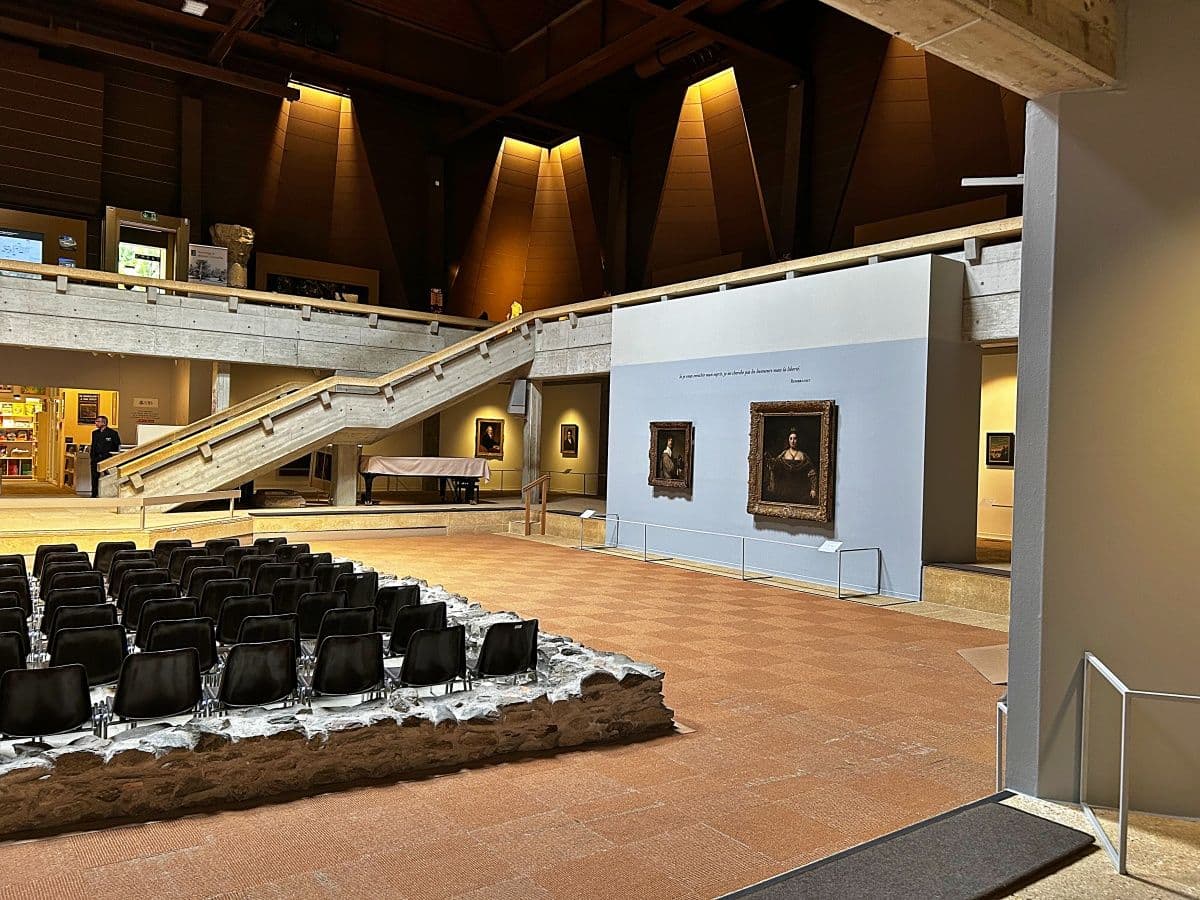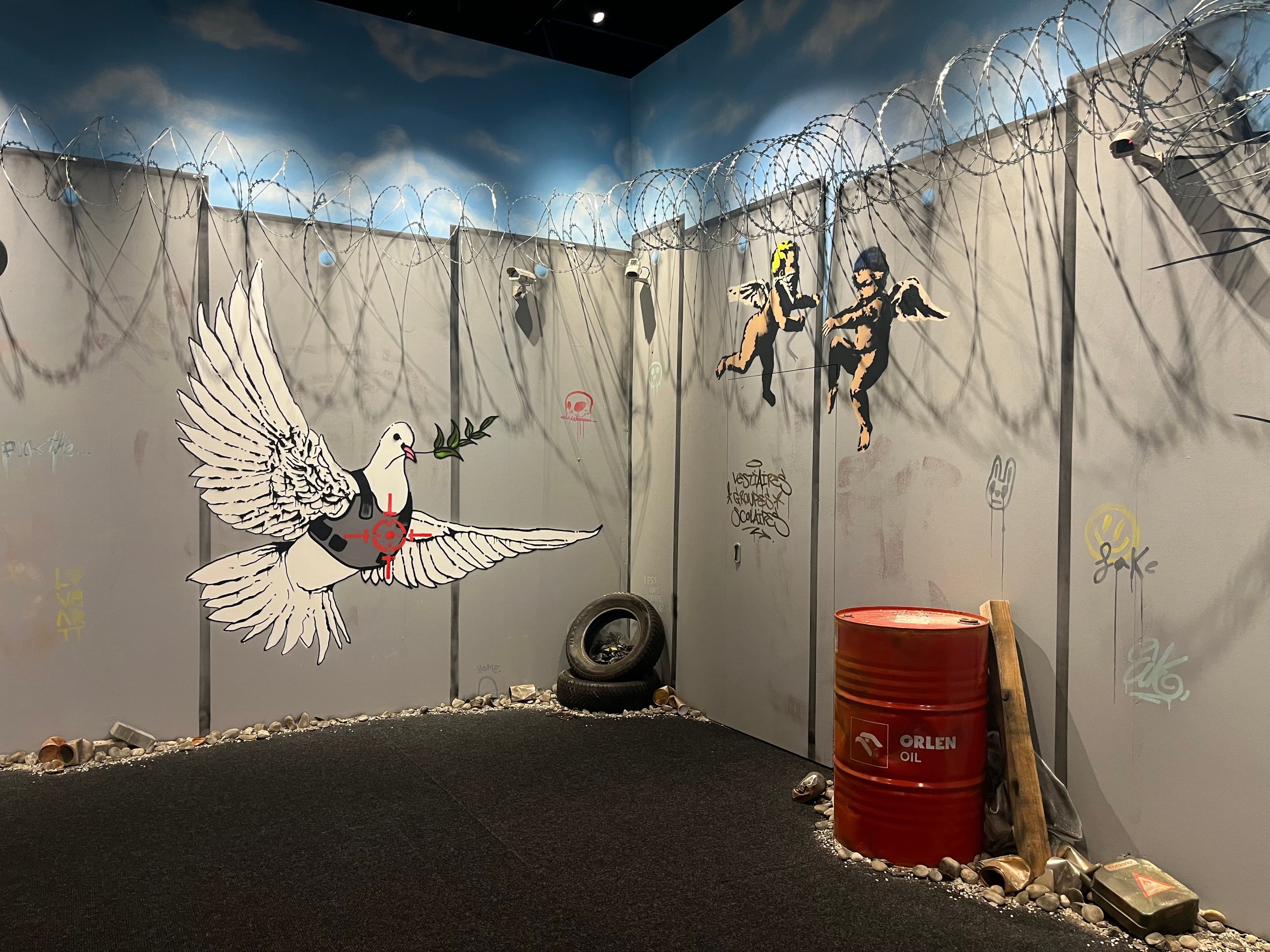he first time I heard the words septante and nonante in a conversation with locals, I smiled as it confirmed that I was bel et bien (well and truly) living in Suisse romande.
Vous voyez (see), languages are grounded in location. The French you will learn, hear, and speak will vary according to the place where you live. That is also why what you learn in a textbook rarely reflects the reality of a conversation on the street. For linguistic enthusiasts like me, these régionalismes are fascinating. They prove that language, like all of our customs, is dynamic and takes the shape of the culture around us.
Here are five of my favorite expressions from Suisse Romande. Whether you’re a native speaker from somewhere else or you’re learning French for the first time, you’ll want to take note.
1. Seulement
This word normally means only. (J’ai seulement 10 minutes avant mon RV. = I only have 10 minutes before my appointment.) However, in Suisse romande and in Savoie (neighbouring France), when a verb is followed by the word seulement, it is a bit like donc, sans se faire du souci. In other words, there is no hidden meaning behind what the person told you, so simply do what they are asking you to and don’t second guess yourself or worry about it at all.
- Entrez seulement! (Come right in! Not only in the hall, but in the whole house!)
- Faites seulement! (Please do!)
- Venez seulement… (Follow me…)
- Dites seulement… (Tell me…)
2. Ou bien?
This expression is derived from the German word oder, which literally means or what?
If the person is calm and simply asking a question to you, ou bien means n’est-ce pas. It is a bit like the Canadian eh or British don’t you at the end of a sentence. In other words, the person wants to confirm your approval.
- Tu veux du pain, ou bien? (You want some bread, eh/don’t you?)
If you notice that the person seems impatient or a bit angry, félicitations (congratulations)! You have just witnessed a very Swiss way to express agacement (annoyance).
- Pourrais-tu attendre 5 minutes, je suis au téléphone.
- Ça va le chalet, ou bien? (Are you serious? Seriously? Are you for real?)
If you want to encourage a lovely local brand AND display your “Swissness”, check out these adorable products from CullyCully which promote some of my favorite Swiss expressions.
3. Tout de bon
This is the expression par excellence to drop at the end of all your positive conversations in Suisse romande. Use it if you want to wish the other person well AND make a good impression! It basically means all the best. Combine it with a conversation ender like excellente journée or à la prochaine to create a positive, long-lasting impression of you!
- Ça m’a fait trop plaisir de te rencontrer!
- Moi aussi, vraiment. Tout de bon et à bientôt!
4. Range ton cheni
When I arrived at my new home in Suisse Romande, the movers apologetically told me that there was a lot of cheni in the apartment. I understood chenille (caterpillar), so I made the guy repeat this word at least 4-5 times! He later asked me where I was from and told me that cheni meant le désordre (mess). I was much happier to deal with a mess than a bunch of insects!
5. Qui veut un cornet?
The first time I went to Migros, the cashier asked me if I wanted un cornet. This word means an ice cream cone in Quebec and France, so I said non, merci! But I still needed a bag to pack my goods and she was holding one in her hands… That is when I realised that un cornet meant… a plastic bag!
These words (and so many more) were rather confusing to me when I first arrived in Switzerland, but as time went by, they became more and more part of my everyday vocabulary.
If you’d like to learn a particularly Swiss expression (we won’t give it away by saying much more…), watch this video to play a little game with Pret-à-Parler.
Go beyond textbooks and make your French come alive by joining Prêt à Parler’s new Conversation Club. Registration closes on April 26, 2021.
Come test your French knowledge with our Super Prof Laurence every Thursday at 12 PM live on our FB page. On April 22, we will focus on Swiss and French expressions, and you could win a special prize.
This content is sponsored by Prêt-à-Parler – an online French school serving expats in Switzerland. A huge thank you to all the businesses that support The Lausanne Guide.

Isabelle's story...
When Isabelle arrived in Suisse Romande six years ago, she didn’t know how long she’d stay. But as she developed her friendships, career, and skiing skills, she discovered that it had captured her hearts. Now with a C Permit and two small children, she’s waiting for the day when she can make the love affair with Switzerland official by applying for citizenship.
As the founder of Prêt-à-Parler (https://pretaparler.ch/), a language school specialized in teaching French online to busy expats in the Suisse romande area, Isabelle joins us on The Lausanne Guide every now and then to share advice for settling in the local area, improving French language skills, and making the most of life along the Lake of Geneva *ahem* Lac Léman.




